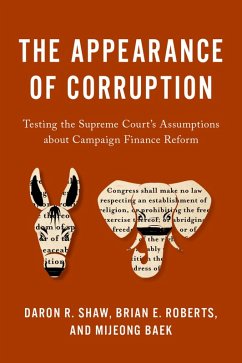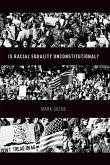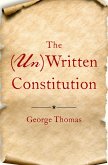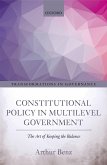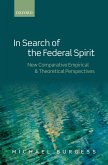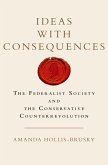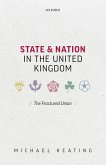A critical analysis of the connections that the United States Supreme Court has made between campaign finance regulations and voters' behavior. The sanctity of political speech is a key element of the United States Constitution and a cornerstone of the American republic. When the Supreme Court linked political speech to campaign finance in its landmark
Buckley v. Valeo (1976) decision, the modern era of campaign finance regulation was born. The decision stated that in order to pass constitutional muster, any laws limiting money in politics must be narrowly tailored and serve a compelling state interest. The lone state interest the Court was willing to entertain was the mitigation of corruption. In order to reach this conclusion, the Court advanced a sophisticated behavioral model that made assumptions about how laws affect voters' opinions and behavior. These assumptions have received surprisingly little attention until now. In
The Appearance of Corruption, Daron Shaw, Brian Roberts, and Mijeong Baek analyze the connections that the Court made between campaign finance regulations and voters' behavior. The court argued that an increase in perceived corruption would lower engagement and turnout. Drawing from original survey data and experiments, they confront the question of what happens when the Supreme Court is wrong-and when the foundation of over 40 years of jurisprudence is simply not true. Even with the heightened awareness of campaign finance issues that emerged in the wake of the 2010 Citizens United decision, there is little empirical support for the Court's reasoning that turnout would decline. A rigorous statistical analysis, this is the first work to simultaneously name and test each and every one of the Court's assumptions in the pre- and post-Citizen's United eras. It will also fundamentally reshape how we think about campaign finance regulation's effects on voter behavior.
Dieser Download kann aus rechtlichen Gründen nur mit Rechnungsadresse in A, B, BG, CY, CZ, D, DK, EW, E, FIN, F, GR, HR, H, IRL, I, LT, L, LR, M, NL, PL, P, R, S, SLO, SK ausgeliefert werden.

